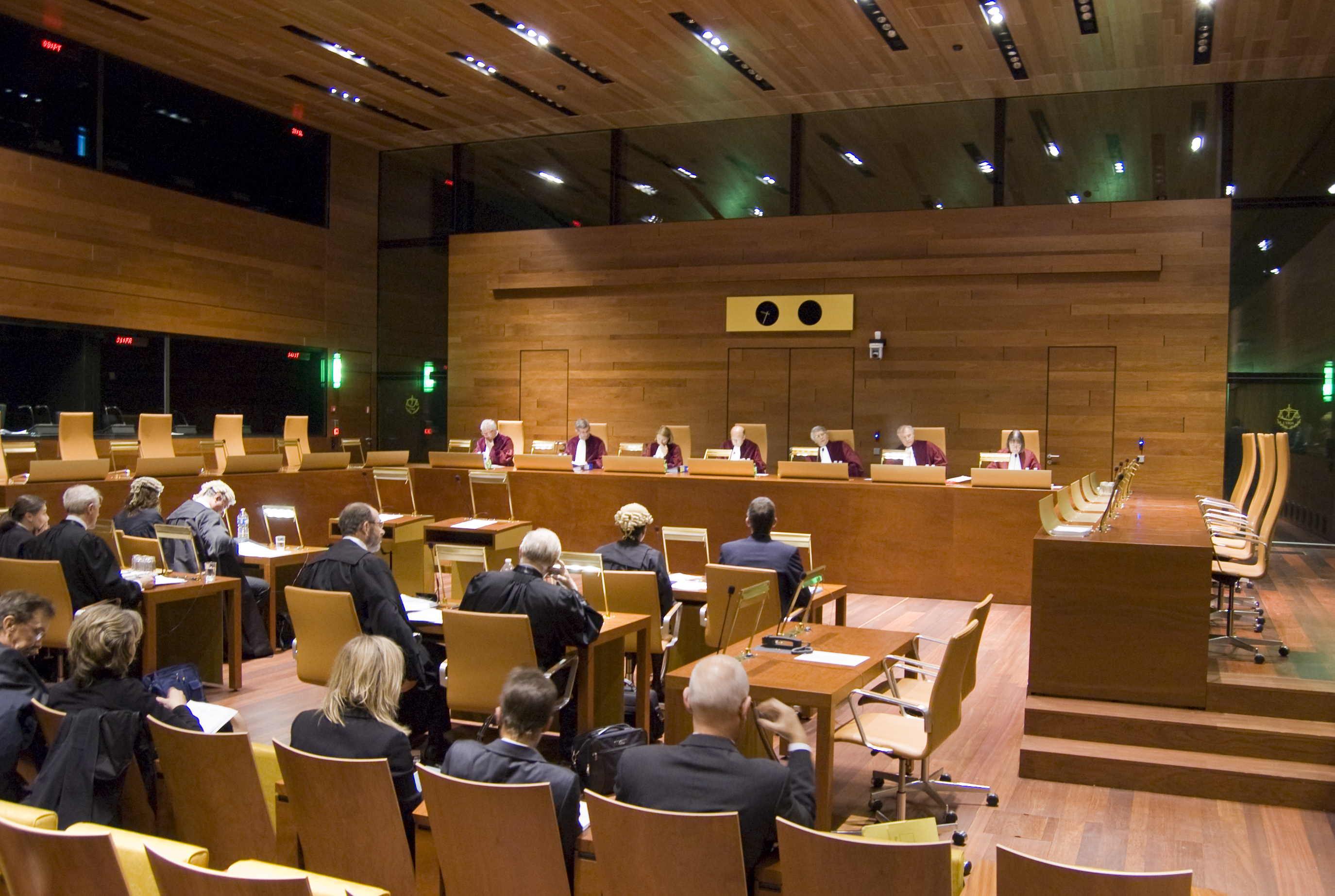Madrid, 2 October 2013 – The European Court of Justice (ECJ) will formally announce its final ruling on the Access Info v Council of the European Union court case on 17 October 2013, after four years of legal battle. The second instance ECJ will now have the final word on whether or not it is legitimate for the Council to systematically blank out the names of Member States in documents summarising legislative negotiations before handing them out to the public.
The dispute is about whether or not public access to the summaries of Council working party meetings, including details on which Member State proposed what, will “seriously undermine” the Council’s decision-making process if made public. The Council’s current practice is to blank out the names of Member States in these documents until the decision has already been taken and the laws have been passed. The ECJ’s decision is therefore critically important in determining the future course of transparency and public integrity in the European Union.
The General Court of the ECJ already ruled in March 2011 in favour of Access Info Europe, but the Council has since appealed that decision alongside the governments of the Czech Republic, France, Greece, Spain and the UK. The European Parliament, on the other hand, has intervened in support of Access Info Europe and is arguing in favour of greater Council transparency.
On the 16 May 2013, the Advocate General opined in favour of transparency, giving his opinion that the appeal by the Council should be dismissed.
If the ECJ confirms the 2011 ruling in favour of Access Info, citizens should find it easier to know what their country is proposing and arguing when it sends delegates to the EU to work on legislation in the Council’s working parties. It could even put an end to accusations of ‘policy-laundering’, whereby governments at the national level blame the EU for unpopular decisions and laws, despite having proposed them themselves. If, however, the ECJ overturns the 2011 ruling, Member States will be able to continue to negotiate EU legislation in secrecy.
For more information, please contact:
Pam Bartlett Quintanilla pam@access-info.org

